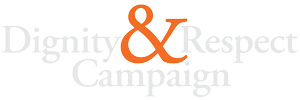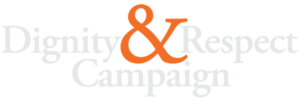The woodtick sucks the blood of the dog, but the germ, being so very small, goes right into the blood of the body, and there it has many children. In those days there would be as many as a billion—a crab-shell, please—as many as that crab-shell in one man’s body. We called germs micro-organisms. When a few million, or a billion, of them were in a man, in all the blood of a man, he was sick. These germs were a disease. There were many different kinds of them—more different kinds than there are grains of sand on this beach. We knew only a few of the kinds. The micro-organic world was an invisible world, a world we could not see, and we knew very little about it. Yet we did know something. There was the bacillus anthracis; there was the micrococcus; there was the Bacterium termo, and the Bacterium lactis—that’s what turns the goat milk sour even to this day, Hare-Lip; and there were Schizomycetes without end. And there were many others….”
(more…)

